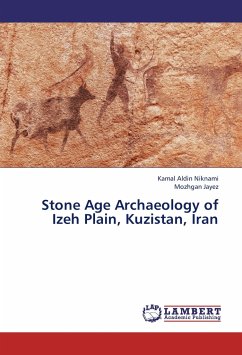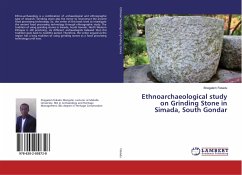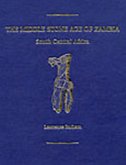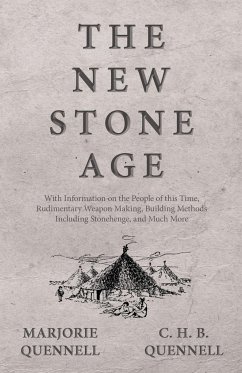This book tries to show how the most advanced technology together with spatial analysis can be usefully employed to investigate archaeological phenomena. The authors present a summary of the basic methodology and some results of a recent archaeological project concerning the search for Epipalaeolithic/Early Neolithic site distributions of Izeh plain of Kuzistan, Iran. The primary goal of this project was to detect Epipalaeolithic/Early Neolithic site locations and to provide the necessary spatial models to understand the distribution pattern and structure of sites. We applied several analytic and search procedures to a well documented Epipalaeolithic/Early Neolithic cases in order to infer prehistoric behavior in the organization of space. In this book we detailed the results of an intensive ground survey of Epipalaeolithic/Early Neolithic sites designed to determine: 1) the spatial pattern of sites at a landscape scale; 2) whether a positive association exists between the density of sites and environmental variables and if so, at what scale this relationship is strongest.
Bitte wählen Sie Ihr Anliegen aus.
Rechnungen
Retourenschein anfordern
Bestellstatus
Storno








